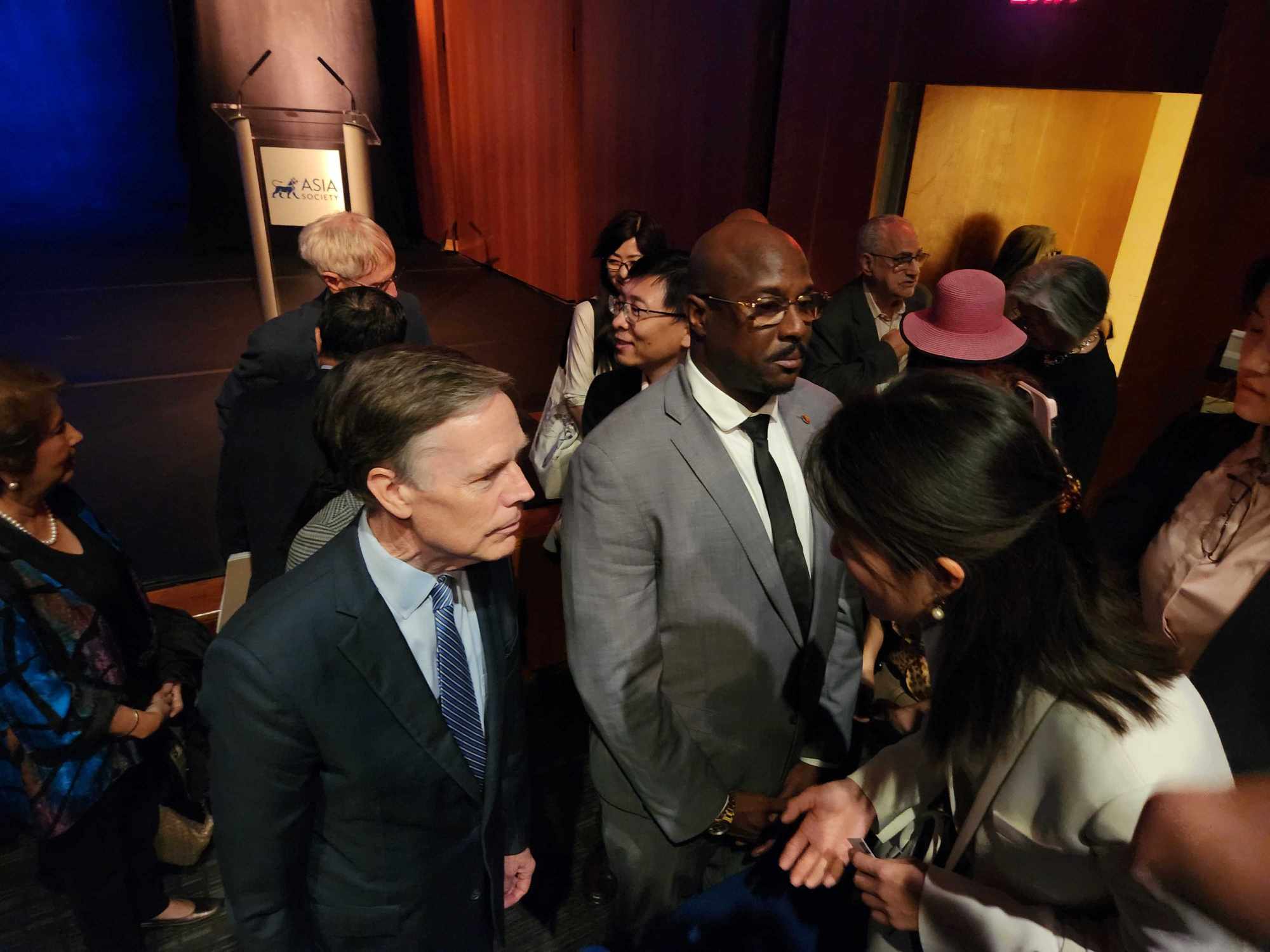‘We’re concerned about the bullying of China’s neighbours in the South China Sea and the East China Sea,” said Burns, adding that it was not always easy to read the impetus behind Beijing’s muscular policies and what lies ahead.
“I don’t have a crystal ball, but we’ve seen consistent aggression.”
That pattern raised questions about Beijing’s willingness to upset so many foreign countries, seemingly against its own national interest, Burns added.
“I can’t speak for the government of China,” he said. “You see a China that seems very confident, at least it did, about its power.”

“We’re way past that,” Burns said. “We didn’t change … It’s that China has.”
The Chinese embassy in Washington did not immediately respond to a request for comment.
“China is increasingly the factory of the Russian war machine,” said Daleep Singh of the National Security Council, speaking separately on Thursday at the Washington-based Centre for a New American Security.
“We’ve got to think about the entire Russian economy as being off-limits in terms of facilitating the flow of goods that are showing up on the battlefield and giving Russia advantage,” Singh added.

Critics have argued the practice of selling goods at below-market prices is meant to wipe out overseas competitors.
Beijing’s increasingly hardline policies are convincing more countries to establish or strengthen strategic relations with the US, Burns said.
“It’s important as we look to the future that we do everything we can to drive down the possibility or probability of conflict,” he said. “Conflict would be catastrophic for the whole world. That’s why the militaries have to talk to each other.
“Despite our differences, we have to talk to each other,” he added, citing some positive developments arising from Sino-American competition likely to last well into the next decade. “That’s what diplomacy is all about.”
It marked the first in-person meeting between the two countries’ defence chiefs in two years.
In addition, people-to-people relations are slowing rebounding, although the number of Americans studying in China is still low, at 850, compared with nearly 300,000 Chinese studying in the US.
“We put the relationship on a much more stable footing at that summit,” said Jon Finer, a US deputy national security adviser, speaking separately at the CNAS event.
“But during the course of the last 12-to-18 months, we also did not in any way take our foot off the gas in terms of competitive actions vis-à-vis the Chinese,” Finer added.
During Burns’ appearance at the Asia Society, two protesters stood up in quick succession, criticising the Biden administration for policies that they decried as amounting to a “two-front war” against Russia and China. The two were escorted out.
Burns, addressing their comments, said the US makes mistakes and, unlike some other countries, allows its citizens to speak out and question its leaders.
Additional reporting by Bochen Han in Washington

